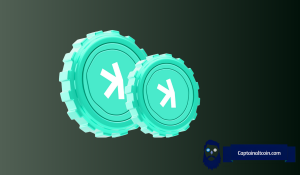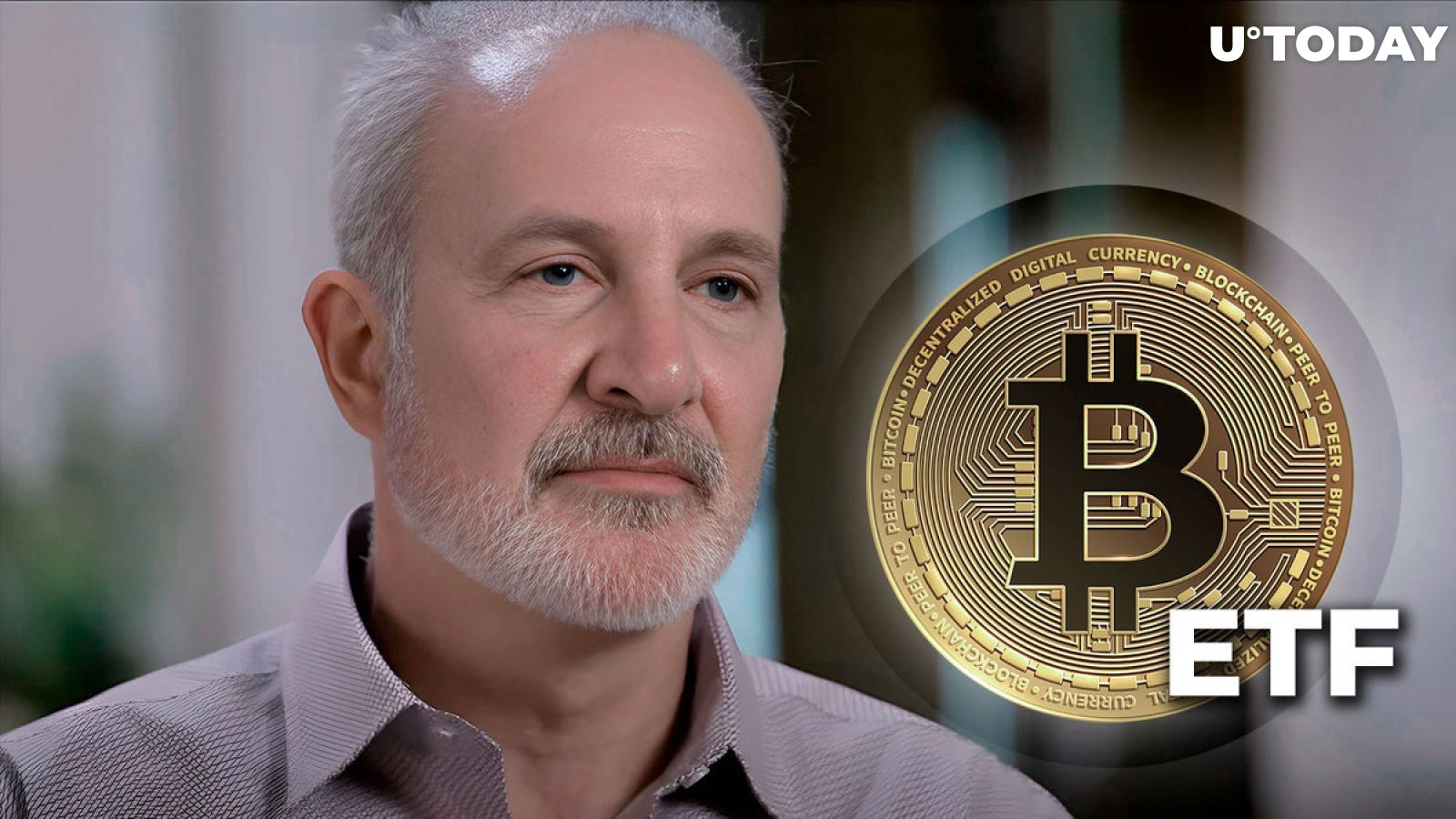Vitalik Buterin introduces tool for anonymous online voting
Vitalik Buterin, co-founder of Ethereum, has launched a new tool for anonymous online voting. This tool, created by the company Rarimo in Kyiv, is called “Freedom Tool.”
It uses zero-knowledge proof technology to let Russian citizens prove their citizenship and vote online without revealing their identities. This system makes the voting results secure and visible, creating anonymous and censorship-resistant voting.
The efficiency of authoritarian regimes
On a podcast, hosts Ryan Sean Adams and David Hoffman talked about the advantages of authoritarian regimes today. They discussed how China and Russia spend a lot on promoting their narratives, while the US takes a more hands-off approach.
Economist Noah Smith and Vitalik Buterin gave their views on whether authoritarianism could outcompete liberal democracies. Smith argued that liberal democracy was seen as the best societal model at the end of the 20th century, according to Francis Fukuyama’s “The End of History” thesis.
But recent events have challenged this view. The rise of China, weaknesses in the US, and the impact of the internet are central to this change.
Smith pointed out that liberal democracies are good at gathering information through markets, elections, and public debate. But the internet’s ability to centralize data might reduce this advantage.
Authoritarian states can now use this data to gauge public sentiment, allocate resources better, and respond quickly to unrest, as seen in China’s swift policy changes after the 2022 “white paper protests.”
The internet also spreads disinformation easily, complicating governance in liberal democracies. Politicians spend a lot of time countering false narratives and fundraising, which takes away from effective governance.
Buterin compared the information state to Thomas Hobbes’ idea of a “war of all against all,” where monopolistic control over narratives might be the only stable outcome. This shows how authoritarian regimes could use the internet’s data aggregation to strengthen centralized control.
“Twitter is the worst of it that you see, and it’s the worst of it precisely because you can see it right if you think about private group chats, for example. Private group chats consistently maintain higher levels of quality and high levels of productive discourse on smaller social media platforms, whether it’s Farcaster or whatever else they maintain higher levels of discourse.”
Smith and Buterin then looked at counterarguments. Smith compared the internet to the printing press, which lowered information costs and led to more liberalism and societal fragmentation instead of authoritarian control. He questioned why the internet wouldn’t follow the same path.
Smith explained that today’s situation is different. Reducing information costs with technologies like the printing press and telegraph initially helped liberal democracies by improving information gathering. But as these costs approached zero, benefits plateaued while disinformation costs rose quickly.
Buterin added that centralized systems often excel in extraction rather than production, potentially outcompeting more liberal systems in zero-sum conflicts. He said that defining success only by economic output might overlook broader impacts on human flourishing.
The Ethereum creator acknowledged that while blockchain might not be needed for Americans to communicate, it could be crucial for people in authoritarian states to have secure and private conversations about their political situations.
Jai Hamid






